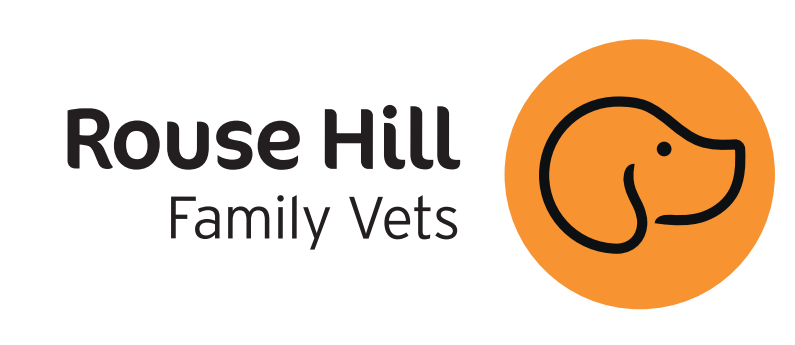Mobility Aids
APPOINTMENTAs a part of your pet’s pain and mobility management plan we may suggest some of the following mobility aids. By adding in some of the following tools it can make a considerable difference to your pets mobility.
Toe Grips
Dr. Julie Buzby developed Toe Grips to help our senior dogs who struggle with gripping slippery floors as they age. Just as falls can be a significant risk to geriatric humans, they too can be dangerous to our geriatric dogs.
Toe grips simply slip over your dog’s nails and provide them with a grip on slippery tiles, vinyl, floorboards or laminate. You can find out more information about how toe grips work and how they are applied here. Once you have sourced Toe Grips you are welcome to book an appointment with one of our friendly nurses to help fit them to your pet.
Support Harnesses
When a senior pet experiences a disease which affects their spinal cord/spinal nerves or they struggle with severe hip and limb pain they can benefit from the additional support that a specially designed support harness can provide. It can help to make trips outside to the toilet easier and can provide assistance when they are going up and down the stairs. It has the added benefit of reducing strain to your back by being specifically designed.
Ramps and Steps
Ramps and small steps can be particularly helpful for dogs and cats who struggle to get up onto the bed or couch but still desperately want to be where they have always slept. It is important to ensure any ramps or steps have a non-slip surface, that they are not too steep, that the steps aren’t too big and that they are a safe width to ensure your elderly pet does not fall.
At
Ramps can also make getting in and out of high cars easier for large dogs who can be difficult to lift. The same guidelines above apply to car ramps.
PawFriction
Like Toe Grips, Paw Friction is designed to reduce slipping by the application of a sticky glue and sand to the bottom of the foot pads. Paw friction works well for patients who are not overly active, but for those dogs who still love going for a walk, it does wear off rather quickly. More information regarding Paw Friction can be found here.
Wheelchairs or Carts
Elevated Food and Water Bowls
My old boy Jack had arthritis in his elbows and some hip pain. There was a considerable improvement in how much easier Jack found it to eat when I elevated his food bowls. He would no longer struggle to get his head down the level of the food bowl, slip on his front feet and generally appear uncomfortable when eating.
Making a difference when it matters the most

Address
Rouse Hill NSW 2155

Opening Hours
Monday - Thursday: 9am - 6pm
Friday: 9am - 5pm
Saturday: 9am - 1pm
Sunday & Public Holidays Closed
In-home euthanasia services run outside of opening hours by appointment only

Contact
Please fill out the form below and a member of our team will be in touch with you shortly. Alternatively please contact us directly
